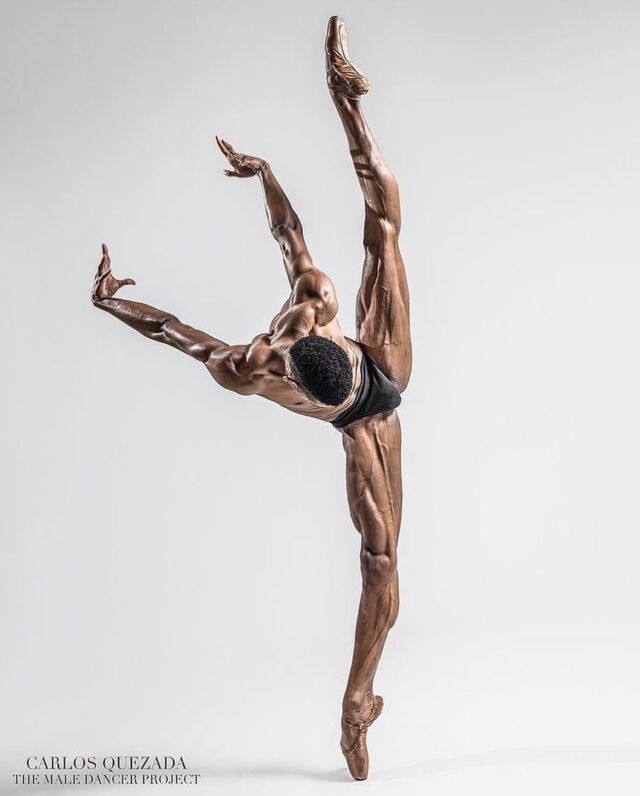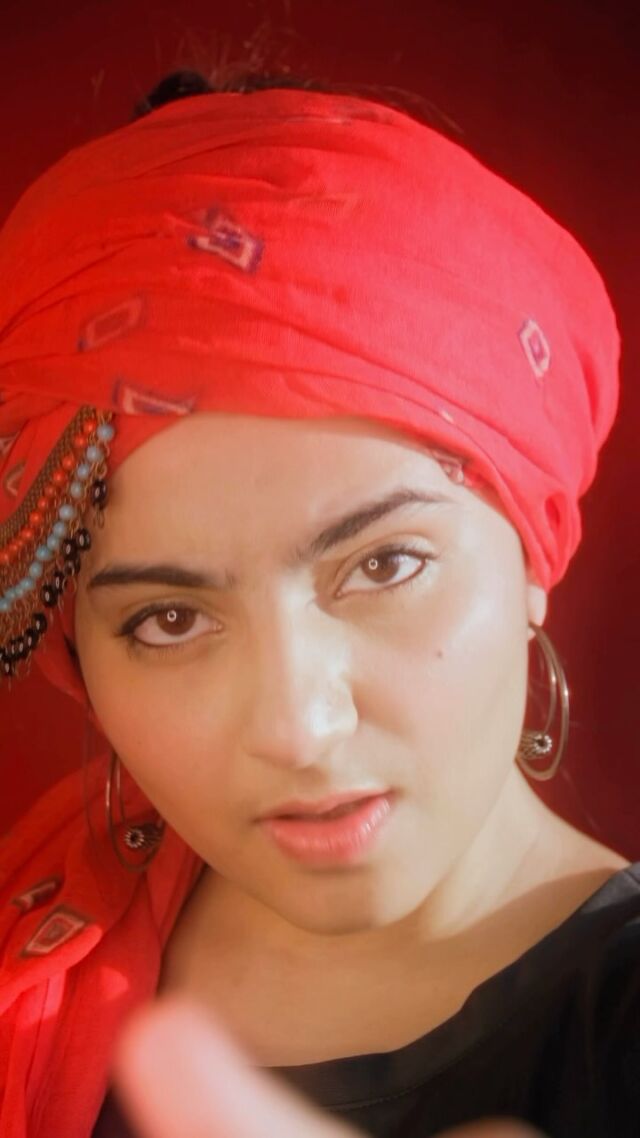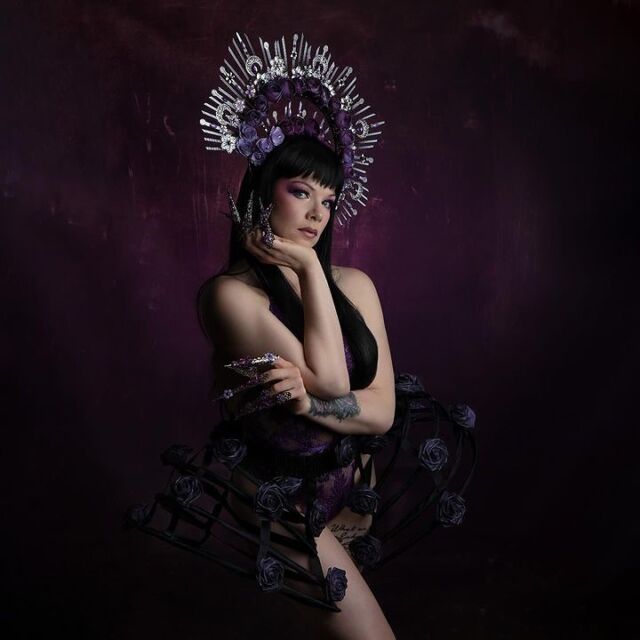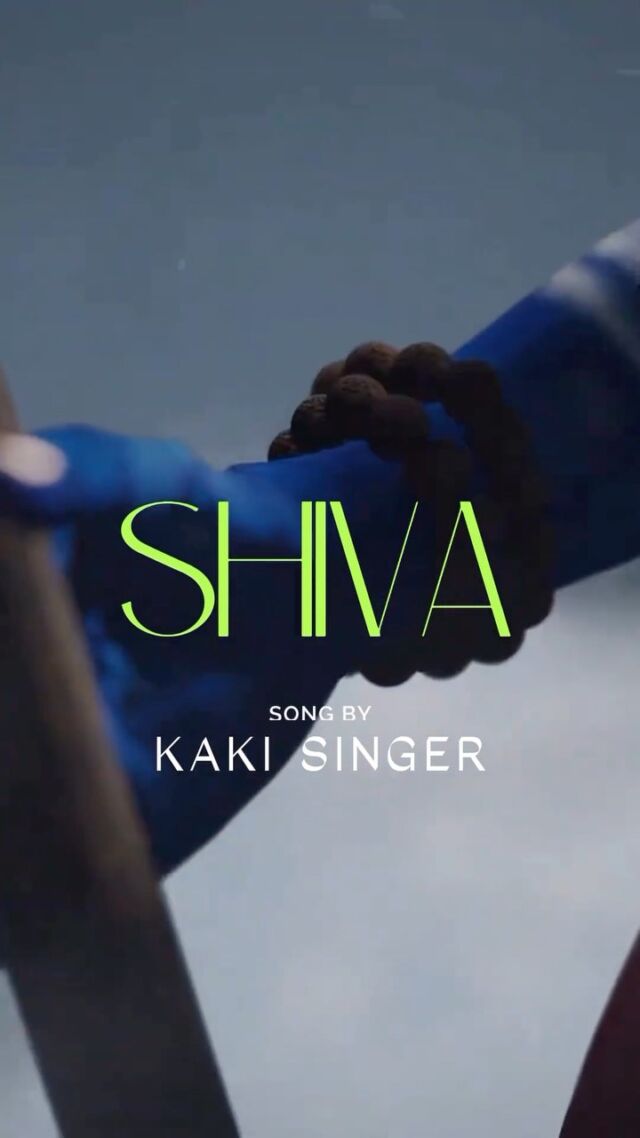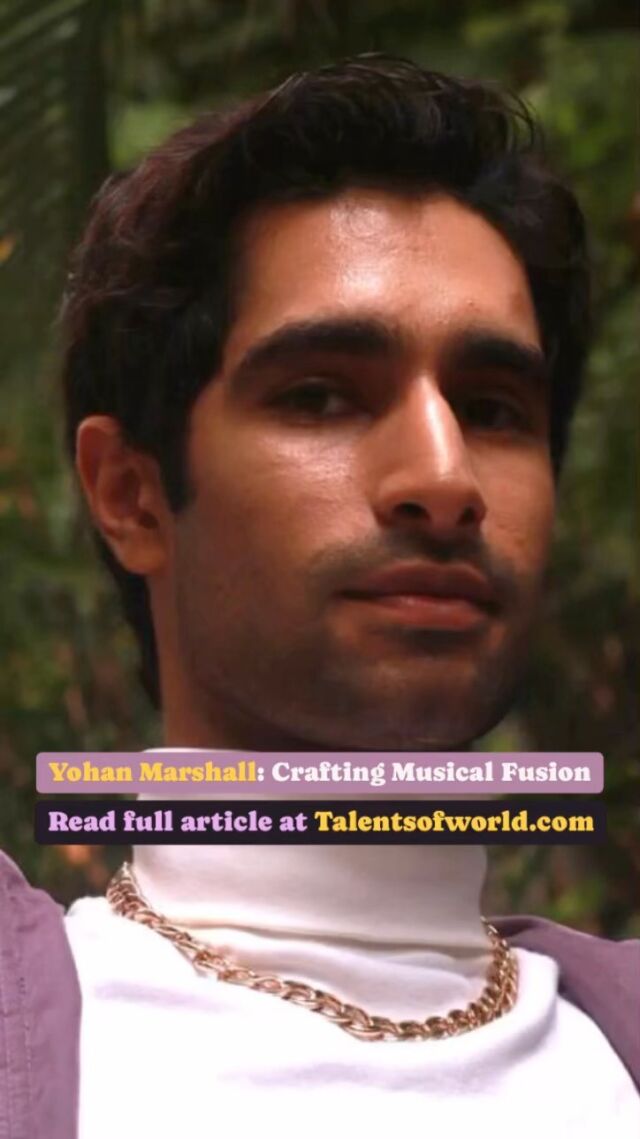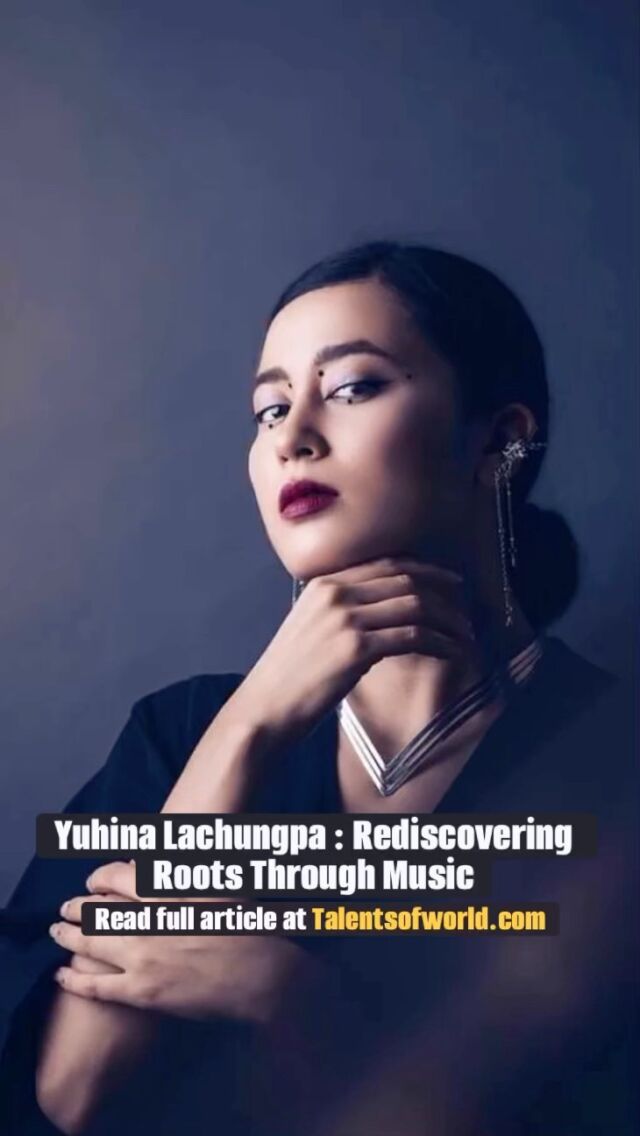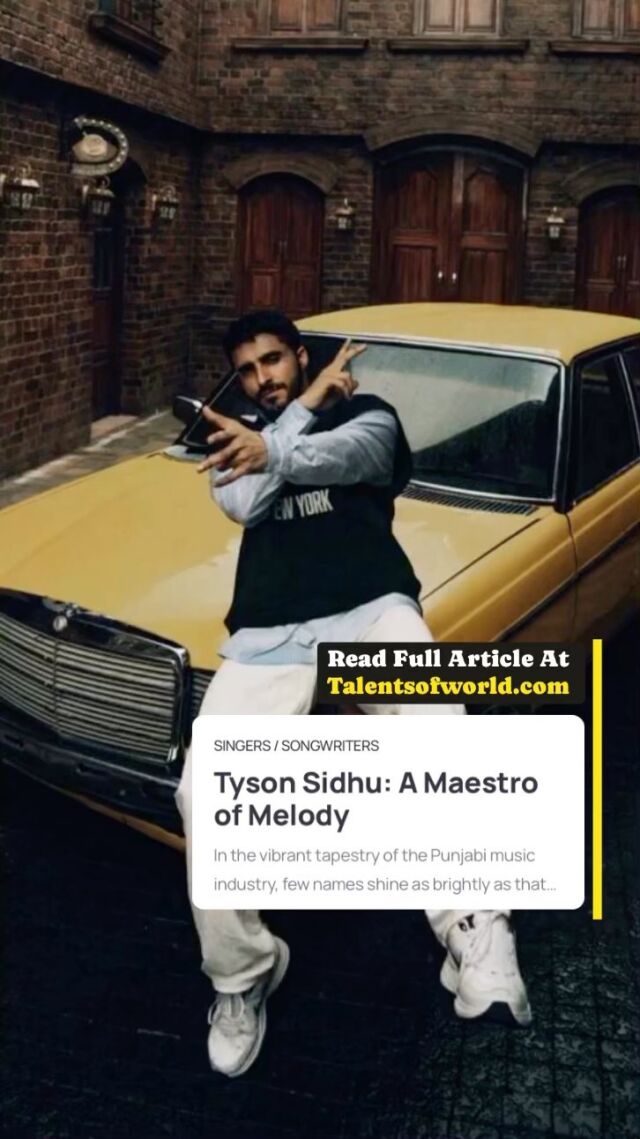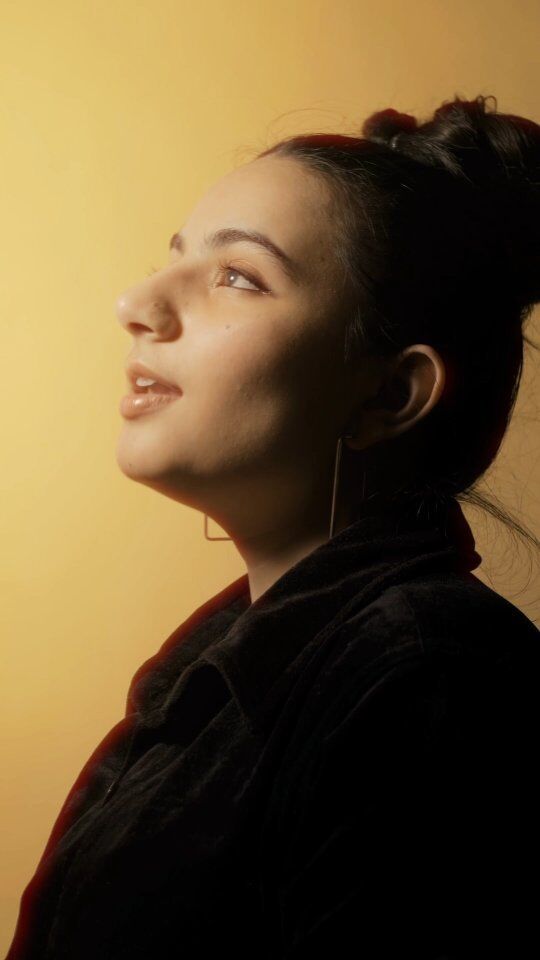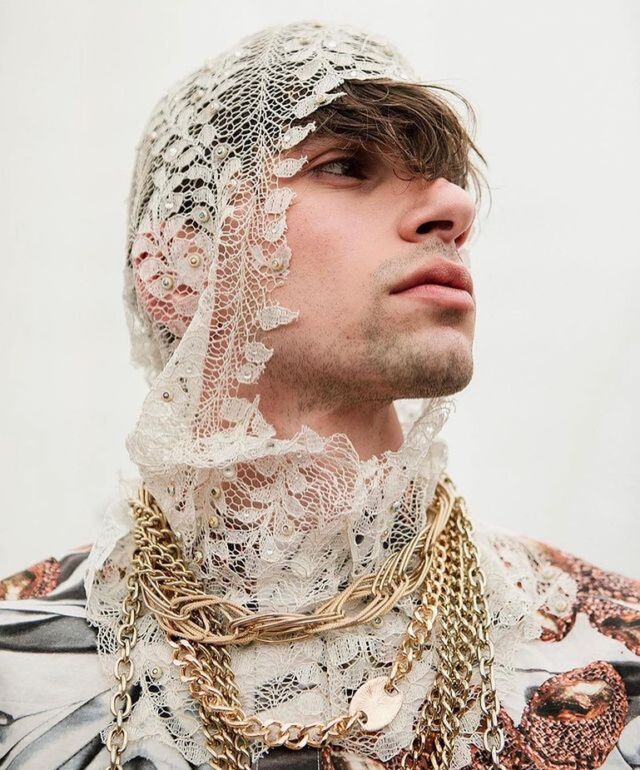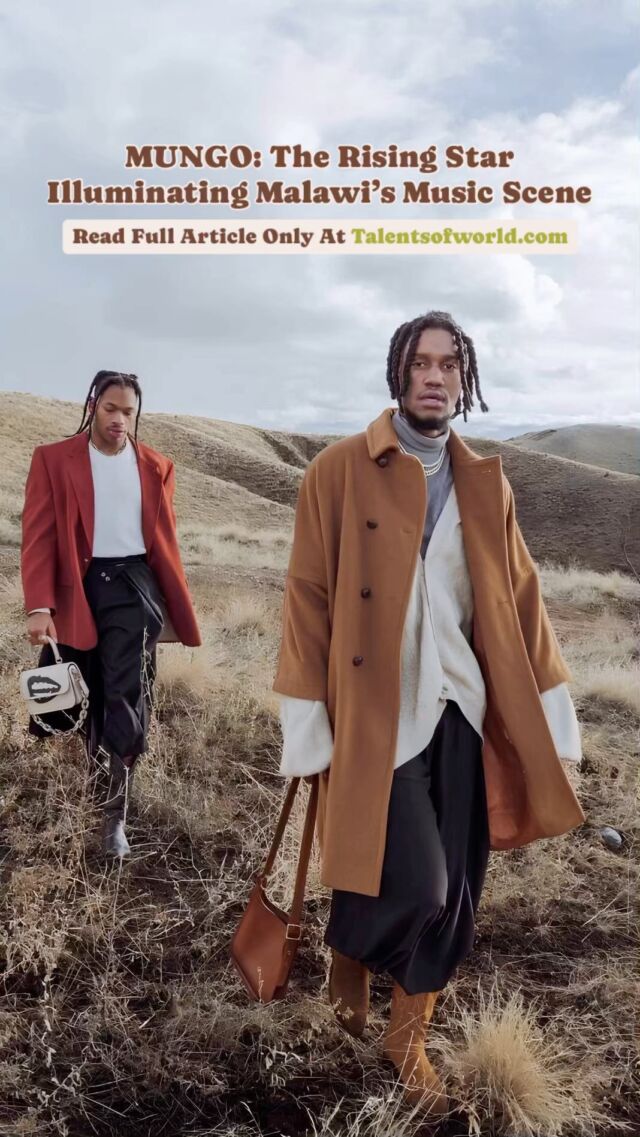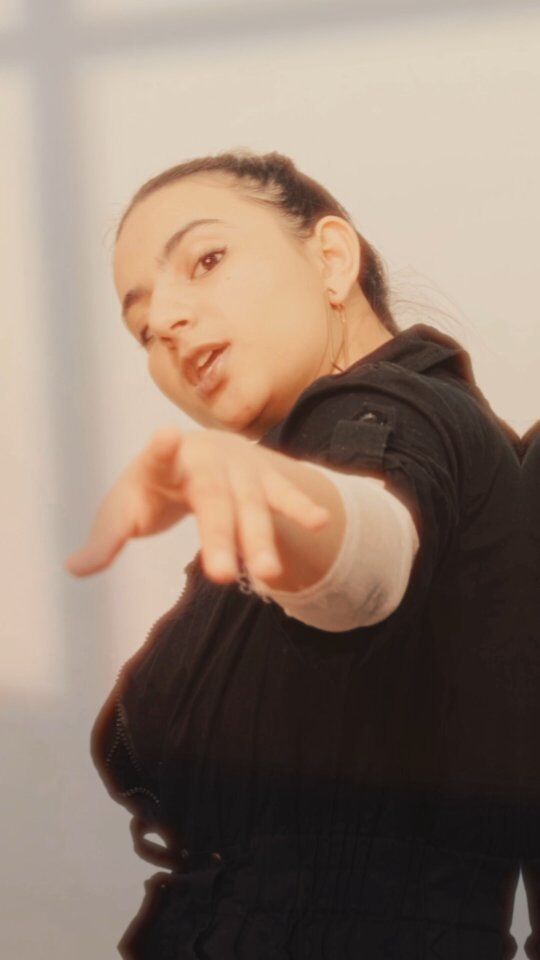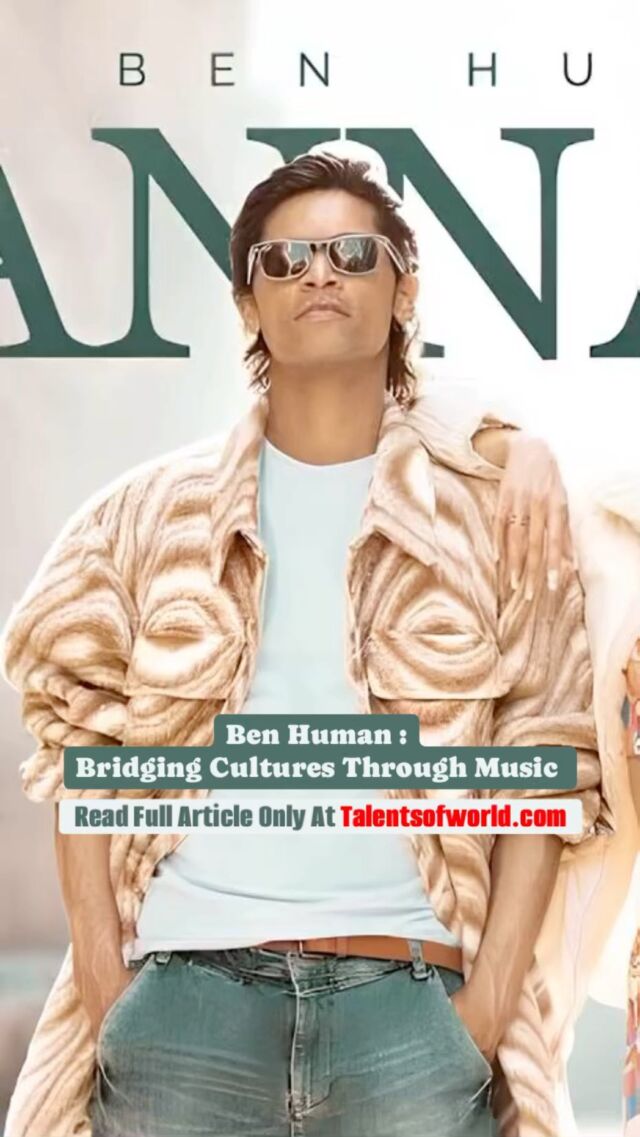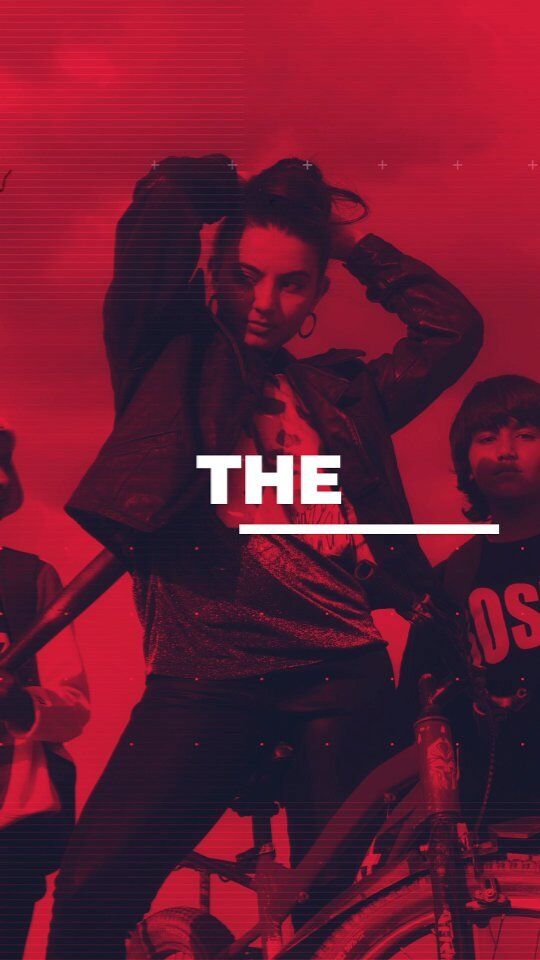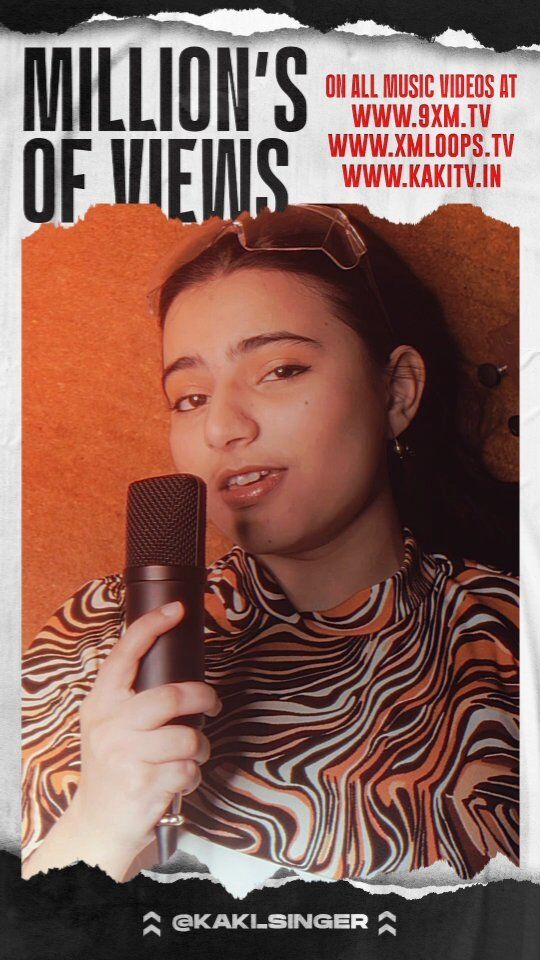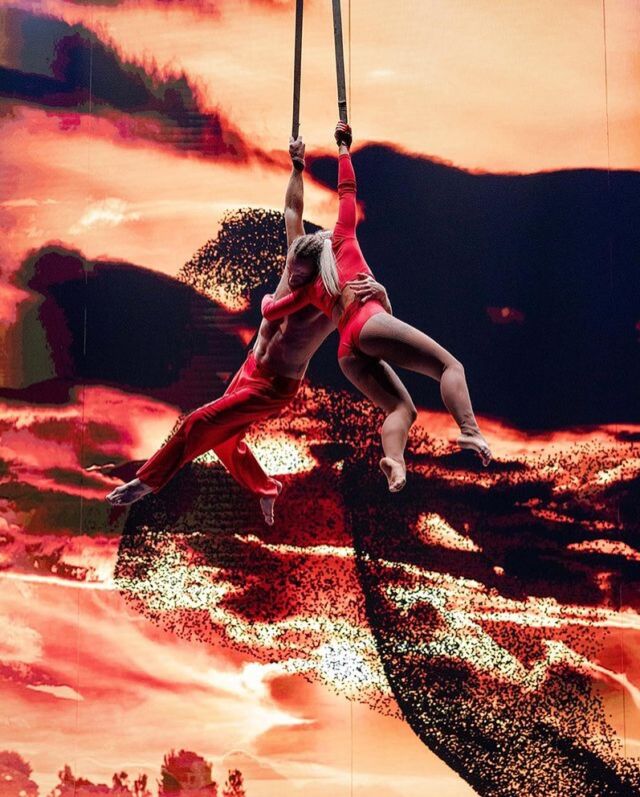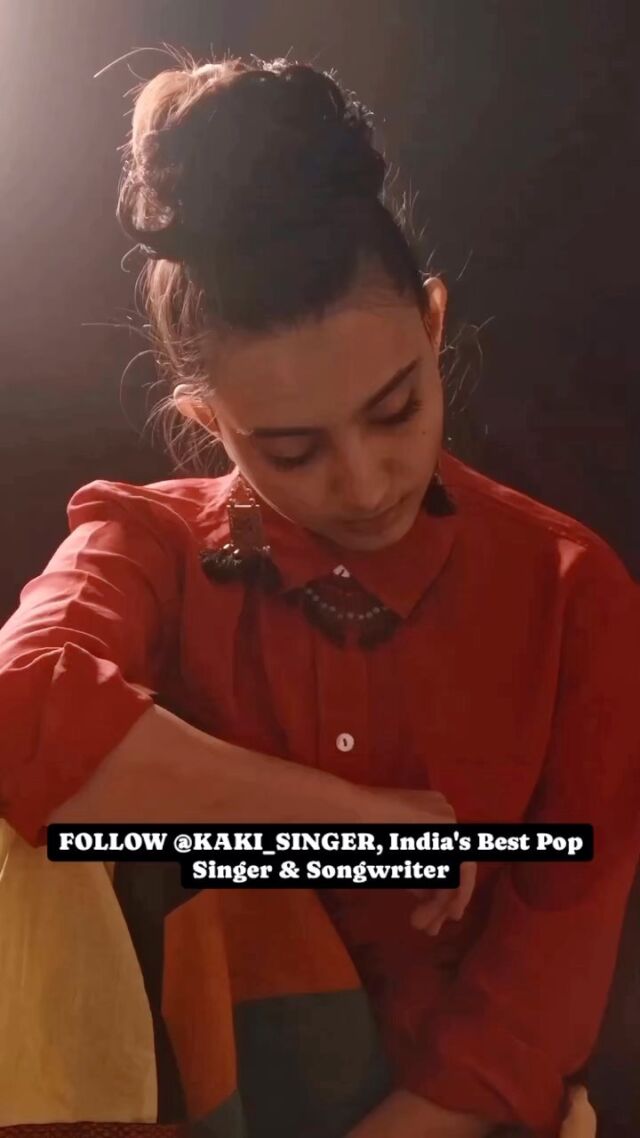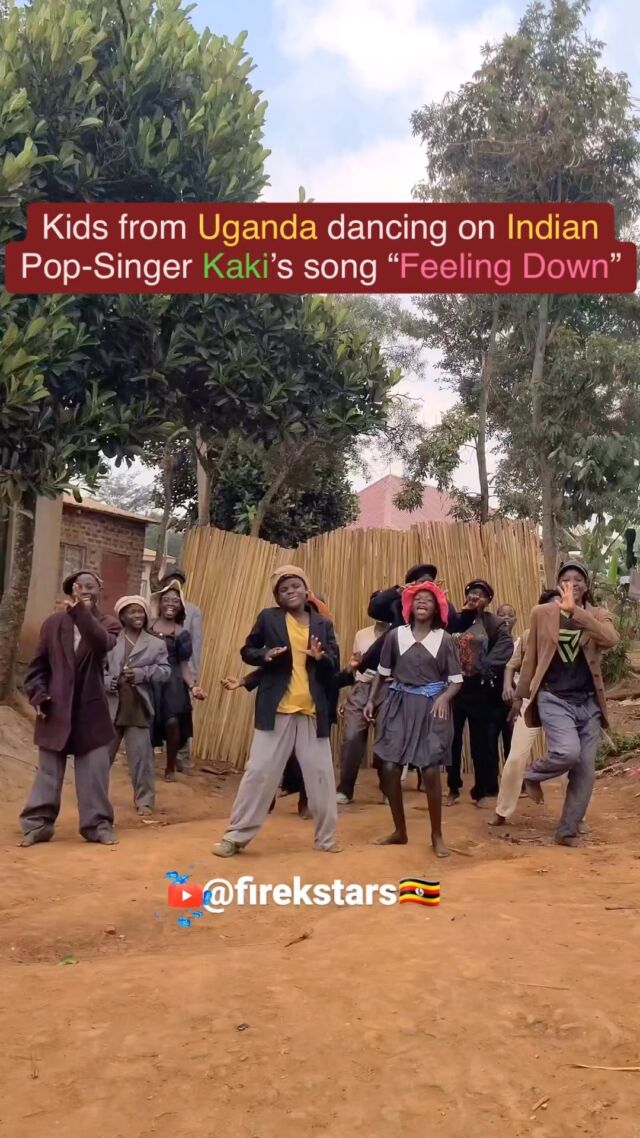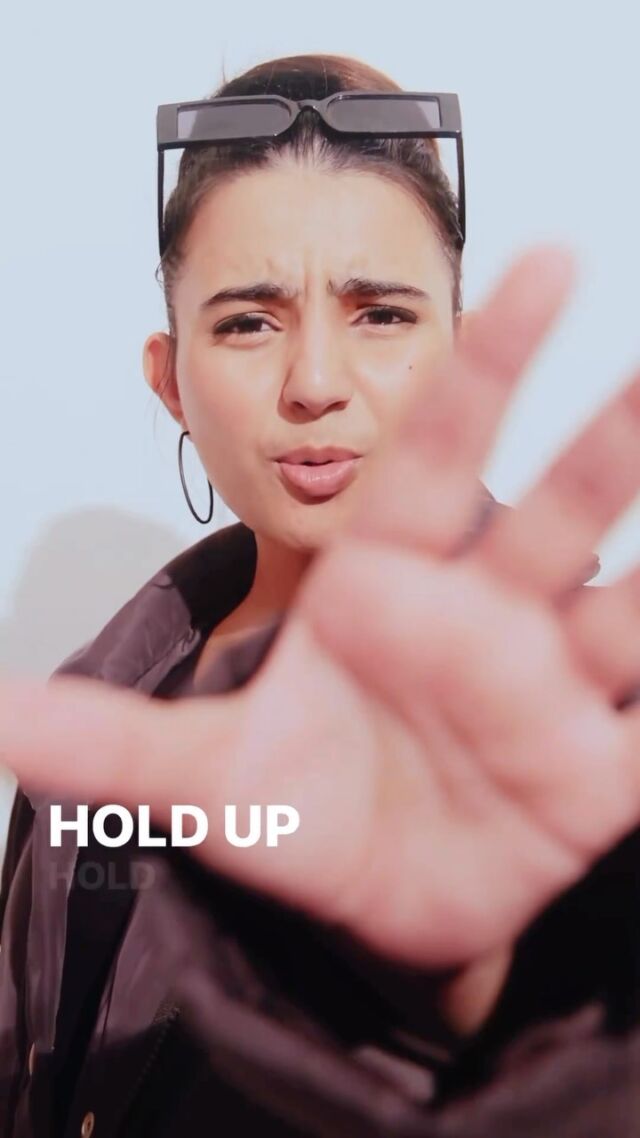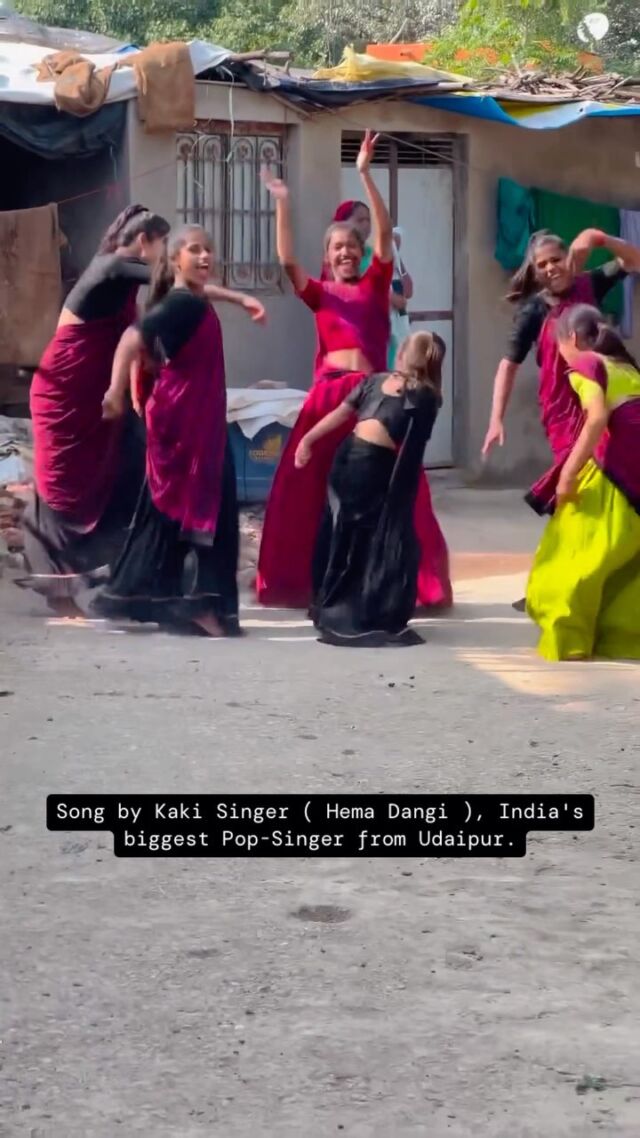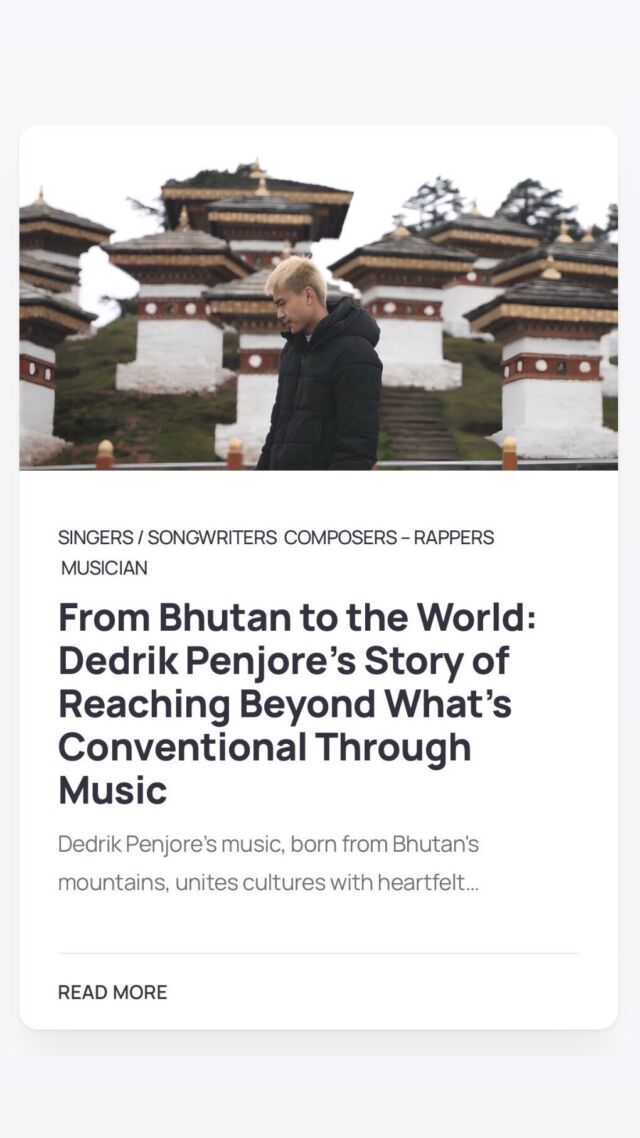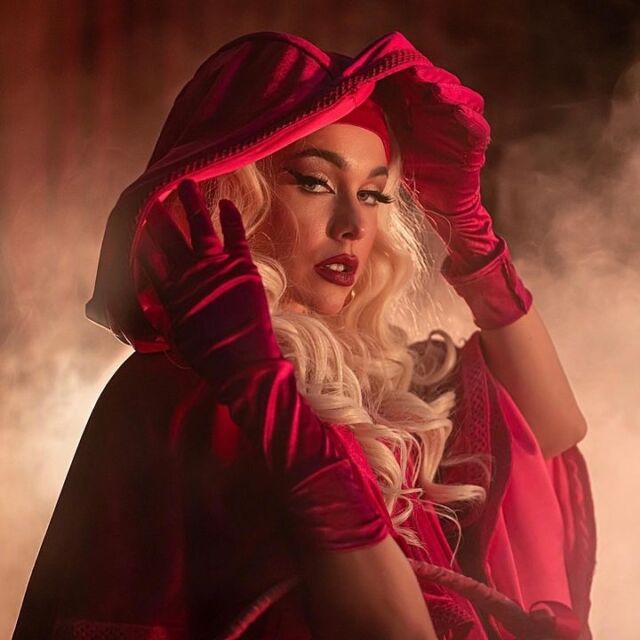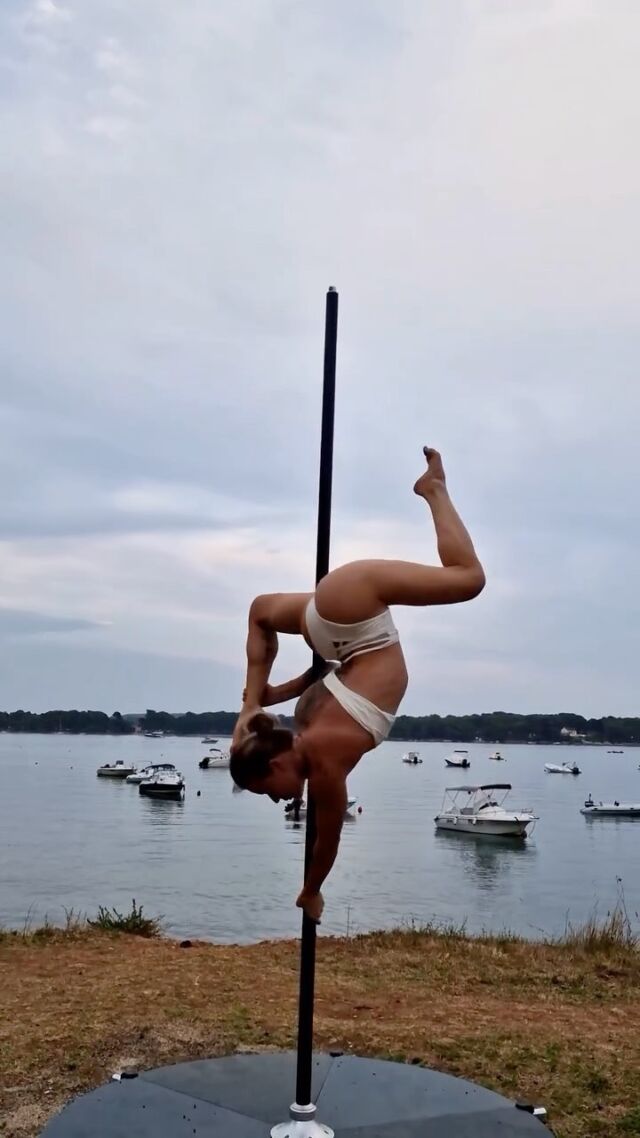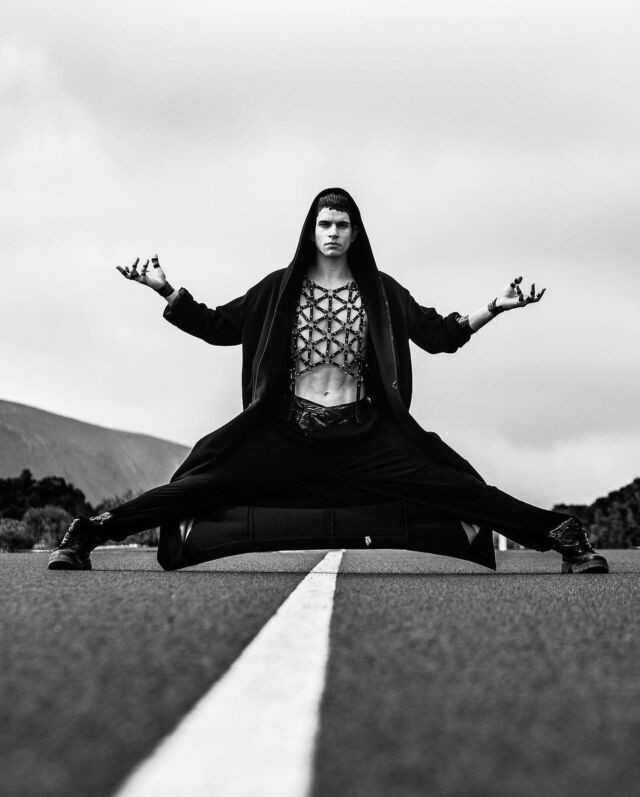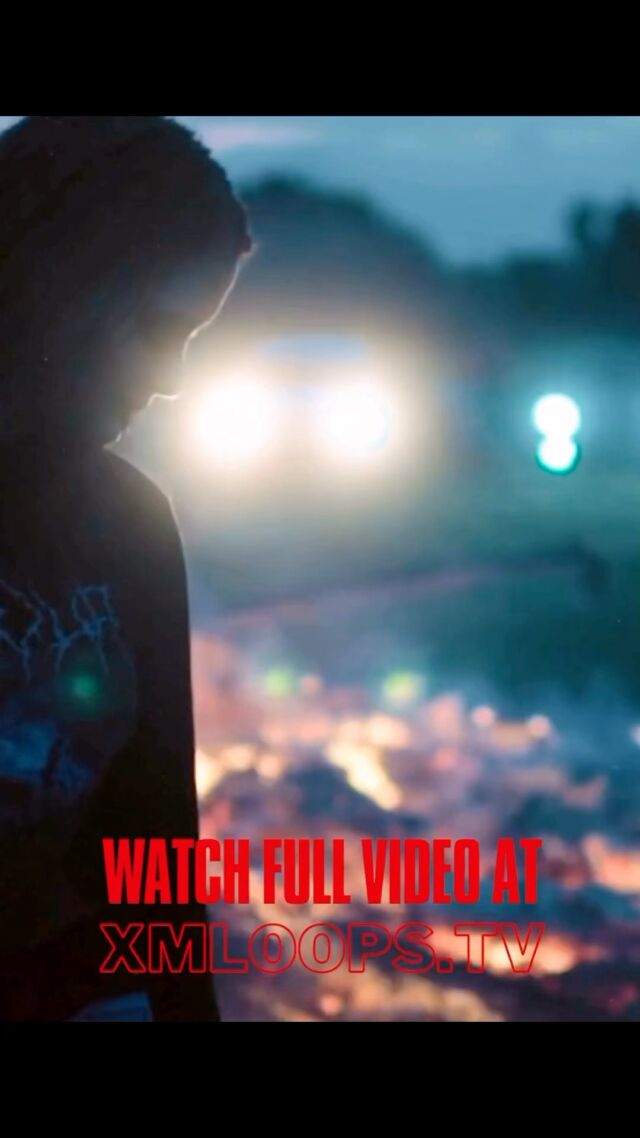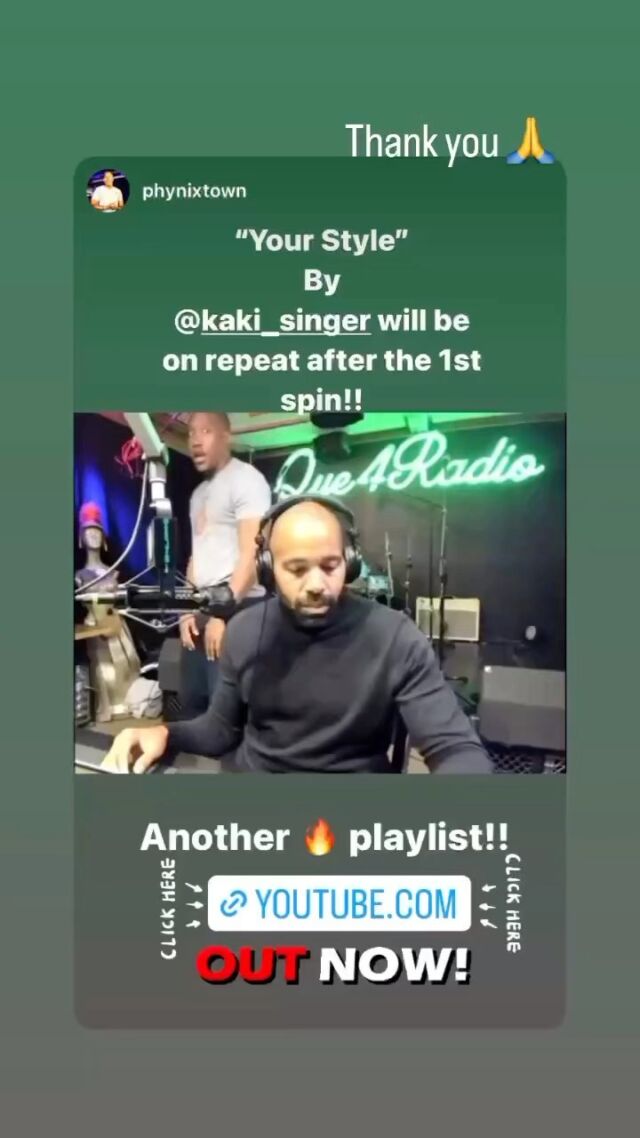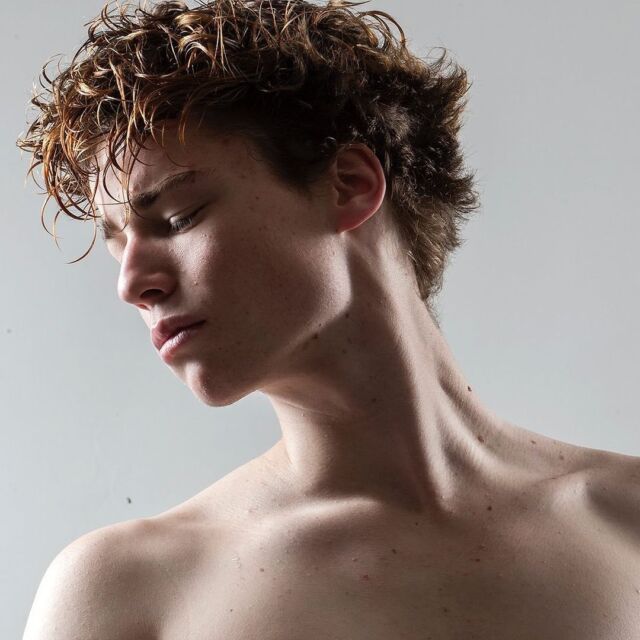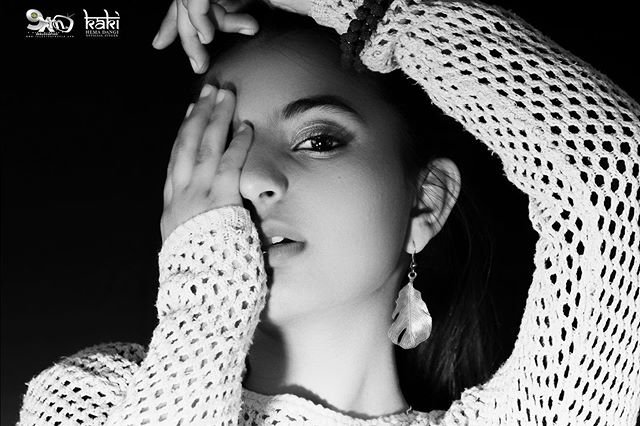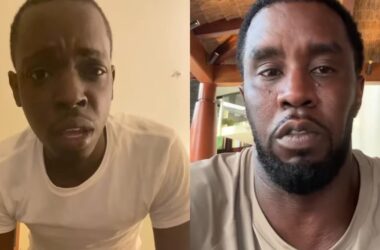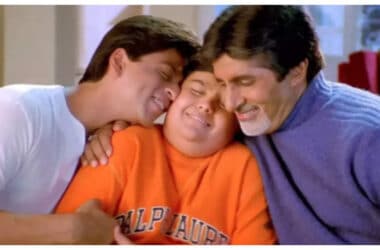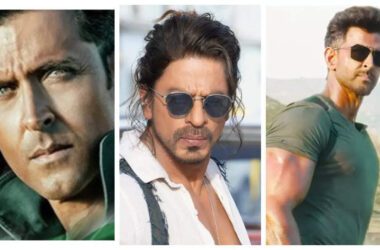A lawyer for Live Nation, the concert company, said in court on Wednesday that settlements had been reached in all but one of the lawsuits over the deaths of 10 people who were fatally crushed during a performance by Travis Scott at the 2021 Astroworld festival in Houston.
The disclosure came as lawyers were preparing for the first trial over the deaths. A lawyer for the plaintiffs in that case confirmed that a settlement had been reached with the defendants, including Mr. Scott, Live Nation and Apple, which live-streamed the event.
The trial had been expected to present a jury with harrowing testimony about the chaotic conditions at the Nov. 5, 2021, concert and the warnings raised by some of those working there. The victims, including two teenagers and a 9-year-old boy, suffocated in the midst of the heaving crowd while Mr. Scott performed.
For more than two years, details have slowly emerged in court filings and police reports, revealing the behind-the-scenes arguments and backstage wrangling that accompanied one of the worst concert disasters in the United States.
Some of the organizers of the Astroworld festival knew that the space was too small, according to evidence uncovered during the preparations for trial. Mr. Scott kept performing as people were suffocating, it showed, signaling a plan to continue the show until after Drake had performed despite efforts to stop the show earlier. A police investigation pointed to what the plaintiffs identified as a potential reason: a $4.5 million contract with Apple requiring Mr. Scott to finish the show in order to get paid.
Mr. Scott had been expected to attend at least part of the trial.
The plaintiffs in the first case were the family and the estate of Madison Dubiski, a 23-year-old from the Houston area who died at the concert. The lawyers in that case argued that the organizers and promoters had created a dangerously unsafe environment while trying to maximize the size of the crowds and their profit.
“The parties were able to reach agreement on a confidential settlement,” one of the lawyers, Jason Itkin, said in a statement. “The parties will cooperate in the future to honor Madison Dubiski’s legacy and promote improvements in concert safety.”
Only the family of the 9-year-old boy, Ezra Blount, has yet to settle with all the defendants. A trial in his case could still eventually take place. “The Blount family is ready for trial,” Scott West, a lawyer for the boy’s family, told the judge overseeing the cases on Wednesday.
While the judge, Kristen Hawkins, has imposed a strict gag order, preventing those involved from commenting, information has come out already in court filings about just how badly things went wrong at the outdoor venue.
“Stage right of main is getting crushed,” a security contractor, Reece Wheeler, texted a security director just before Mr. Scott began performing at 9 p.m., according to a description in one of the plaintiffs’ filings. “This is bad. Pulled tons over the rail unconscious.”
“I would pull the plug but that’s just me,” he wrote a minute later. “I know they’ll try to fight through it but I would want it on the record that I didn’t advise this to continue. Someone’s going to end up dead.”
Seriously injured concertgoers began arriving at the medical tent around 9:15 p.m., according to police reports, among them Ezra Blount.
The concert did not end until about 10:13 p.m.
The plaintiffs in the Dubiski case had argued that organizers knew they had sold tickets to more people than could safely fit into the venue, provided inadequate security during the event and then failed to stop the show when it was already clear that people were being crushed.
Lawyers for Mr. Scott have said the performer was “devastated” by the deaths of his fans but was not responsible for the festival design or security. They argued that even if the show had been stopped “10 minutes earlier” it would not have prevented the devastation.
“No one disputes that tragedy struck the Astroworld Festival,” Mr. Scott’s lawyers argued in legal motions before the trial. “But promoting and performing at a concert do not equate to the power to control a crowd or to design a venue safely.”
The plaintiffs also sued Apple, arguing that the company’s decision to livestream the event had come late in the process, after tickets had been sold and the projected crowd was already expected to fill the space; the production stage, they said, may have contributed to packing the crowd in even tighter. Though it was outdoors, trees ran along each side of the crowd, narrowing the space where people could see.
Houston Police Department investigators also concluded that Mr. Scott’s $4.5 million contract with Apple appeared to require him to finish the show.
The dozens of defendants have denied responsibility for what happened. But they have not all been aligned. For example, lawyers representing the venue operator, ASM Global, successfully fought an effort by Mr. Scott and his companies to remove themselves from the case, pointing to evidence that one of Mr. Scott’s associates had kept the show going despite police efforts to stop it.
Mr. Scott and his company, the lawyers wrote, “should not have moved for summary judgment, they should have issued a public apology to the City of Houston.” (The court denied Mr. Scott’s request for summary judgment last month.)
A grand jury last year declined to criminally indict Mr. Scott or others involved in putting on the festival. After that, the Houston police released 1,200 pages of reports, including summaries of interviews, from their investigation into the Astroworld disaster.
Several people involved in the festival told the police that they had raised alarms about the potential for dangerous overcrowding before the show started. They also warned of the crushing conditions as the music got underway just after 9 p.m., particularly in the one section of the crowd where all 10 deaths occurred.
As Mr. Scott began his first song, “Escape Plan,” people were already pleading for help and collapsing in piles of bodies, according to the police reports and court documents.
In their filings, the plaintiffs argued that the organizers had used flawed crowd-capacity calculations and created an unusual festival layout that made it likely that tens of thousands of people would move at one time to the single stage created just for Mr. Scott’s nighttime performance.
“I feel like there is no way we are going to fit 50k in front of that stage,” Seyth Boardman, who was in charge of risk and security, wrote in a text message to the festival’s operations director, Emily Ockenden, a few days before the show. “Especially with all of the trees!”
The next day, Ms. Ockenden texted with an employee who was drawing up the capacity plan for the site. “I need to show 40k at stage 2 and 50 at stage 1,” where Mr. Scott would perform, she wrote.
But the space was not large enough, the employee replied. “Stage 1 you got 40,105,” the employee wrote. “Even if I cheat it on stage right, I don’t think you’ll get another 10k.”
At the start of the show, there were roughly 55,000 people in attendance, according to the police, some of whom had broken into the event without tickets.
The concert was allowed to go on for well over an hour as people struggled to breathe and some collapsed — and long after police officers on the scene had begun calling for the show to stop.
According to a timeline in the police report, a police commander told Mr. Boardman, the risk and security director, to stop the show around 9:40 p.m. Mr. Boardman passed that message along to those who were communicating with Mr. Scott.
“There are more crush victims than I have ever seen in my 25-year career,” Mr. Boardman told a man identified in filings as a close associate of Mr. Scott at about 9:51 p.m., according to a police transcript of a recording made during the concert. He said the show had to end by 10 o’clock but appeared to get pushback.
“I want him to end the show,” Mr. Boardman said. “I want him to end the show.”
Later, a different message circulated backstage, according to filings and police records: Mr. Scott would continue performing until after an appearance onstage by the rapper Drake.
Who made the decisions to go on with the show, despite the risks known in advance, and then to continue the music as people were dying appeared likely be key elements of the trial before the settlement was reached.
Source link


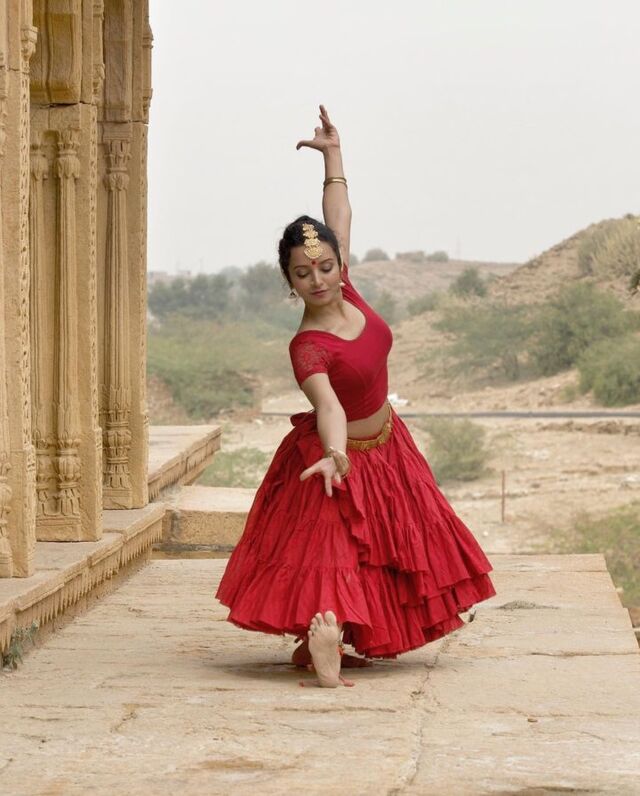
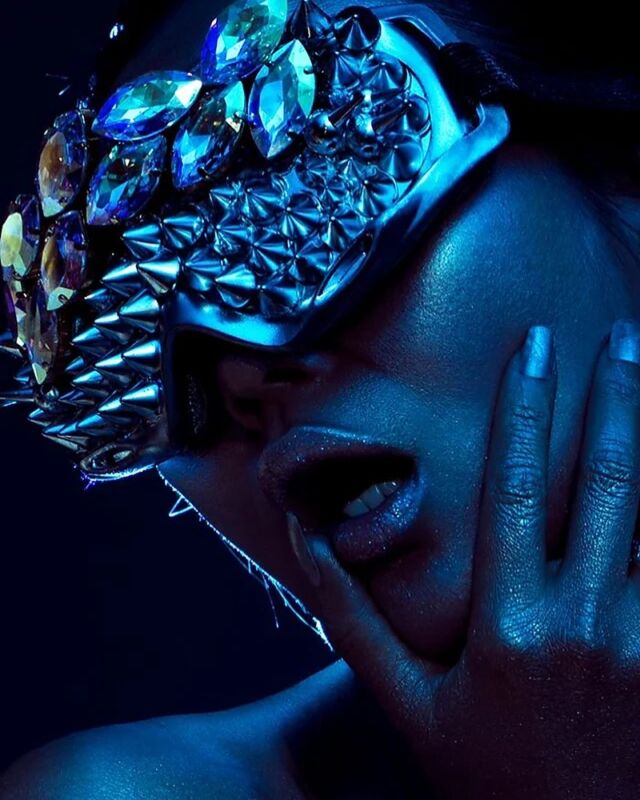
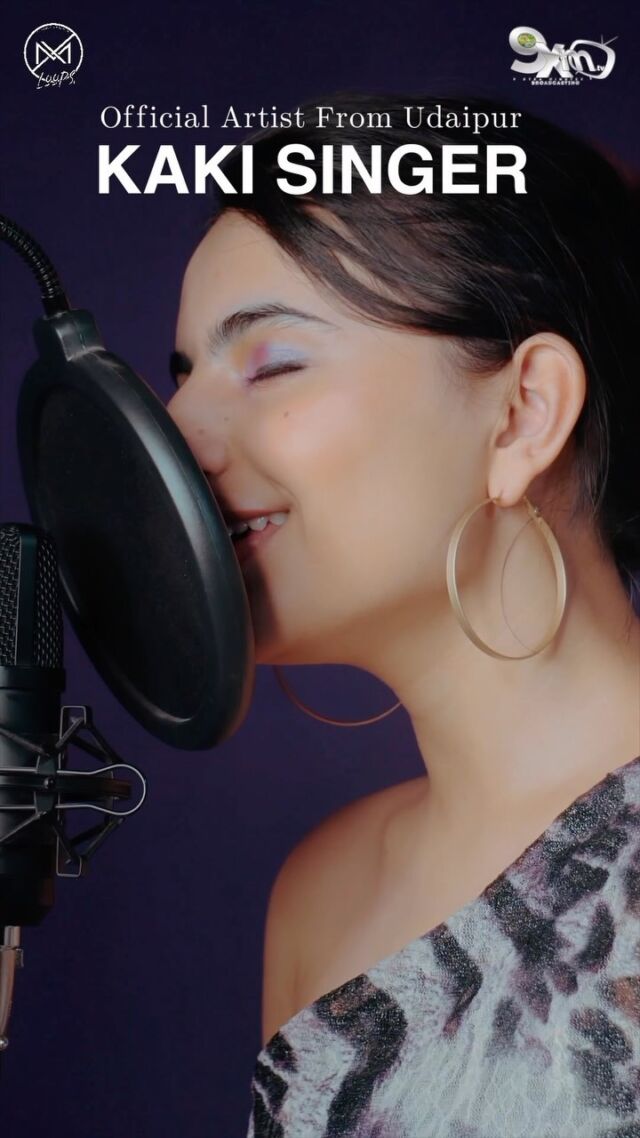
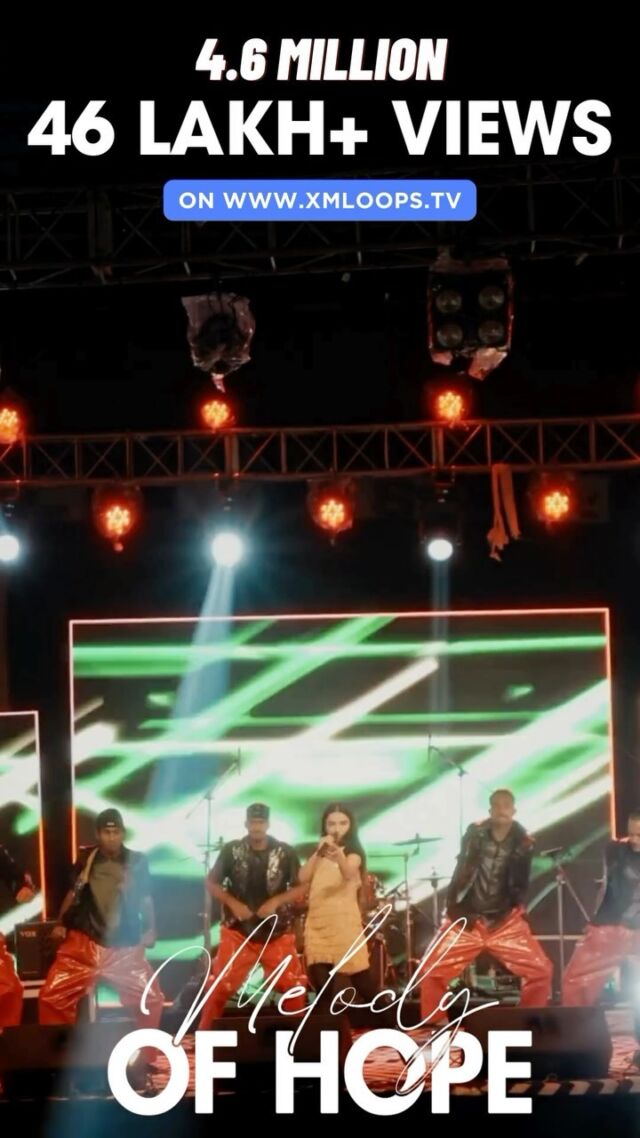

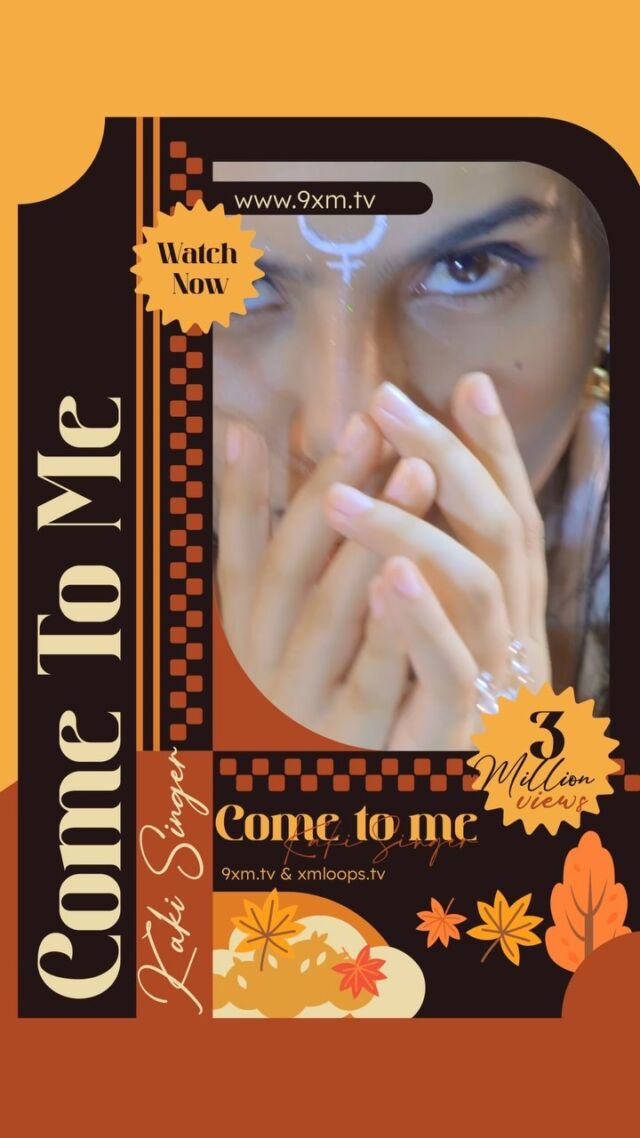
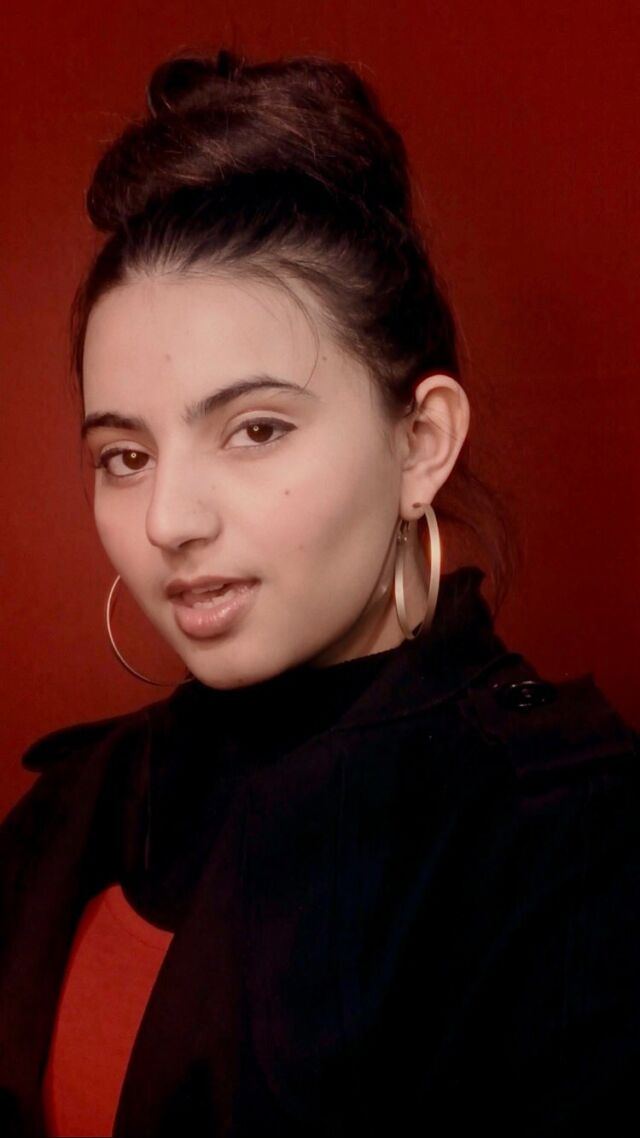
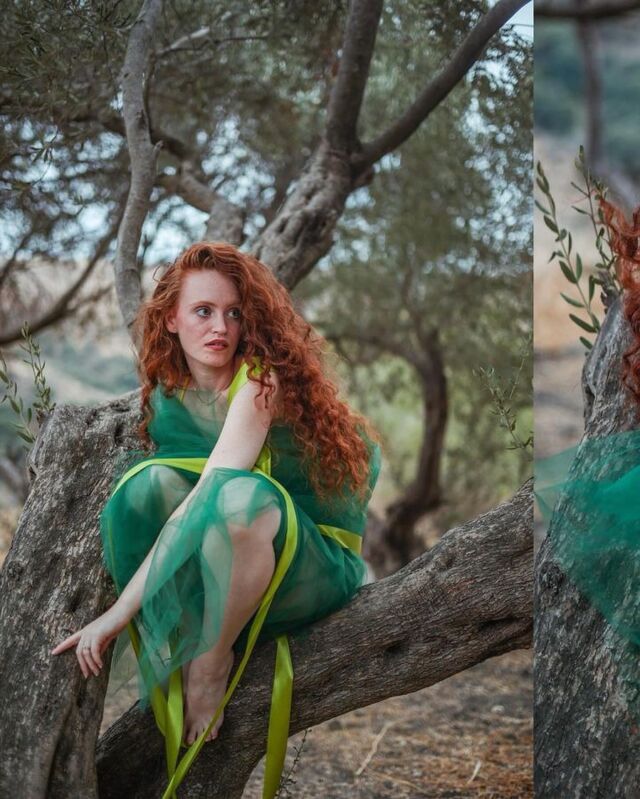
![Growing up learning Indian Classical Music, I’ve developed a deep appreciation for diverse musical genres, and techno is definitely one that has captured my interest. Got inspired to write this track by blending the beautiful melodies of Hindustani classical, particularly Raag Bhairav, with the beats of techno. Excited to share this fusion with you all!
Music by @miladzki
Check it out and vibe with me! 🎶✨
[ techno, newmusic, fusion, indianclassicalmusic, techno, music, kakisinger ]](https://talentsofworld.com/wp-content/uploads/wp-social-ninja/instagram/9xm.tv/18327743320185528_full.jpg)
![Listen to this Version of Dil Kho Gaya
Original Song From the Movie Dil.
Anand-Milind, Udit Narayan, Anuradha Paudwal sung this song
Music by Anand-Milind
Hope you guys like this Rendition of the Classic Song by Kaki Singer.
Like, Share & Comment.
[ Dil, Dil kho Gaya, old songs, Classic Bollywood, old song covers, retro songs, indian old songs, old hindi songs, melodies, kaki singer, Indian singers ]](https://talentsofworld.com/wp-content/uploads/wp-social-ninja/instagram/9xm.tv/17999564600299237_full.jpg)
